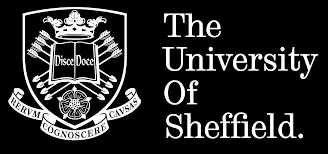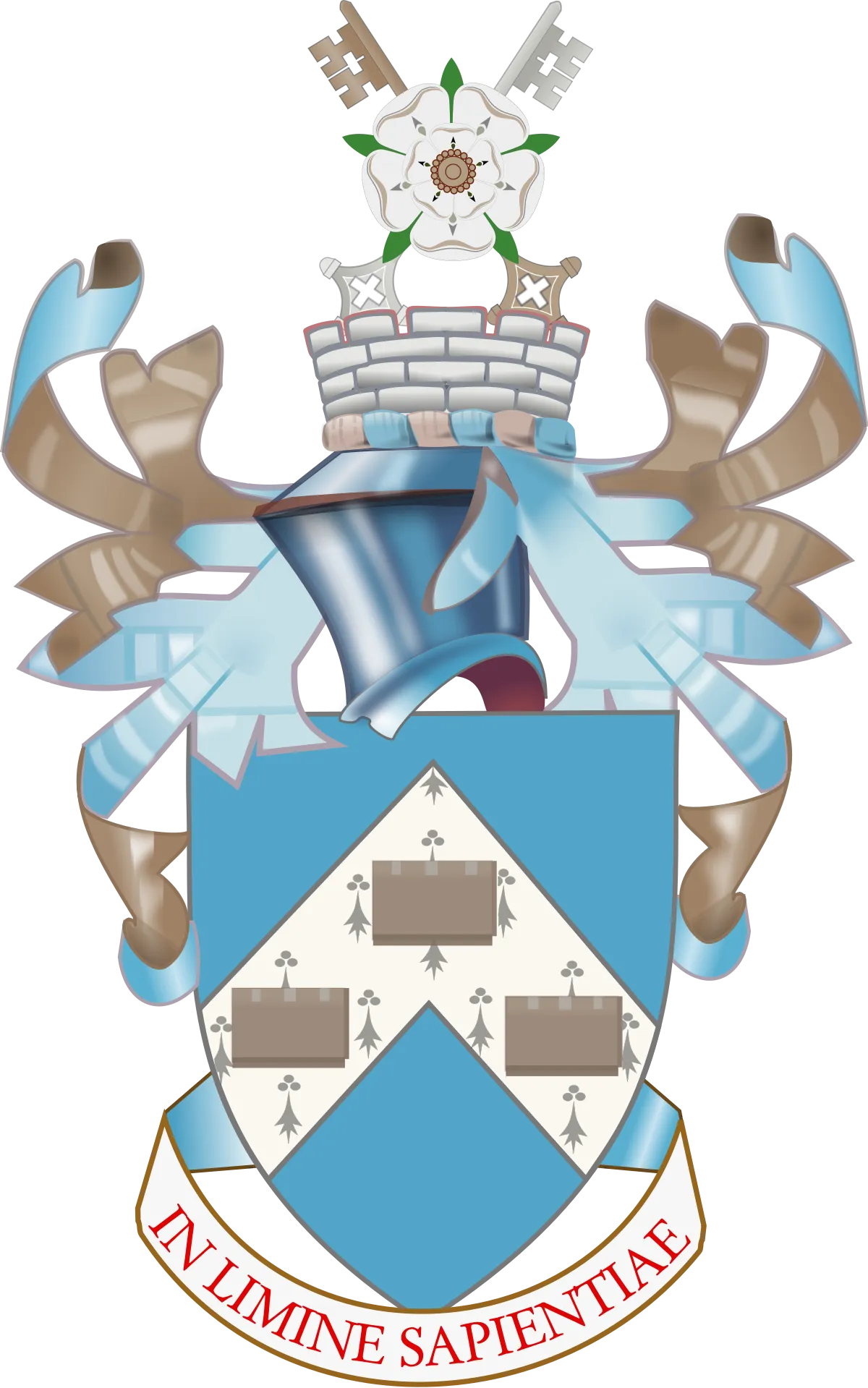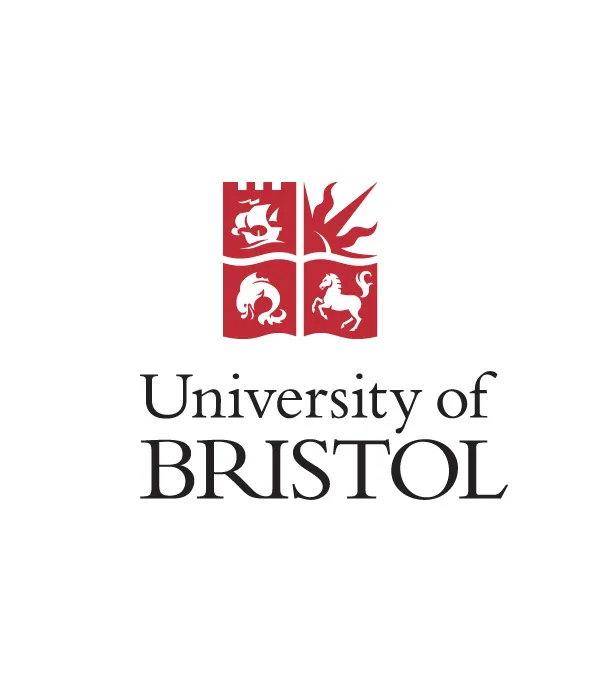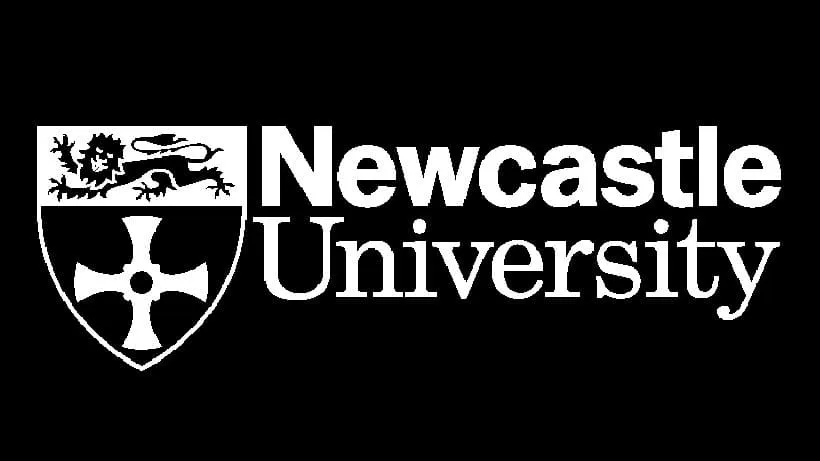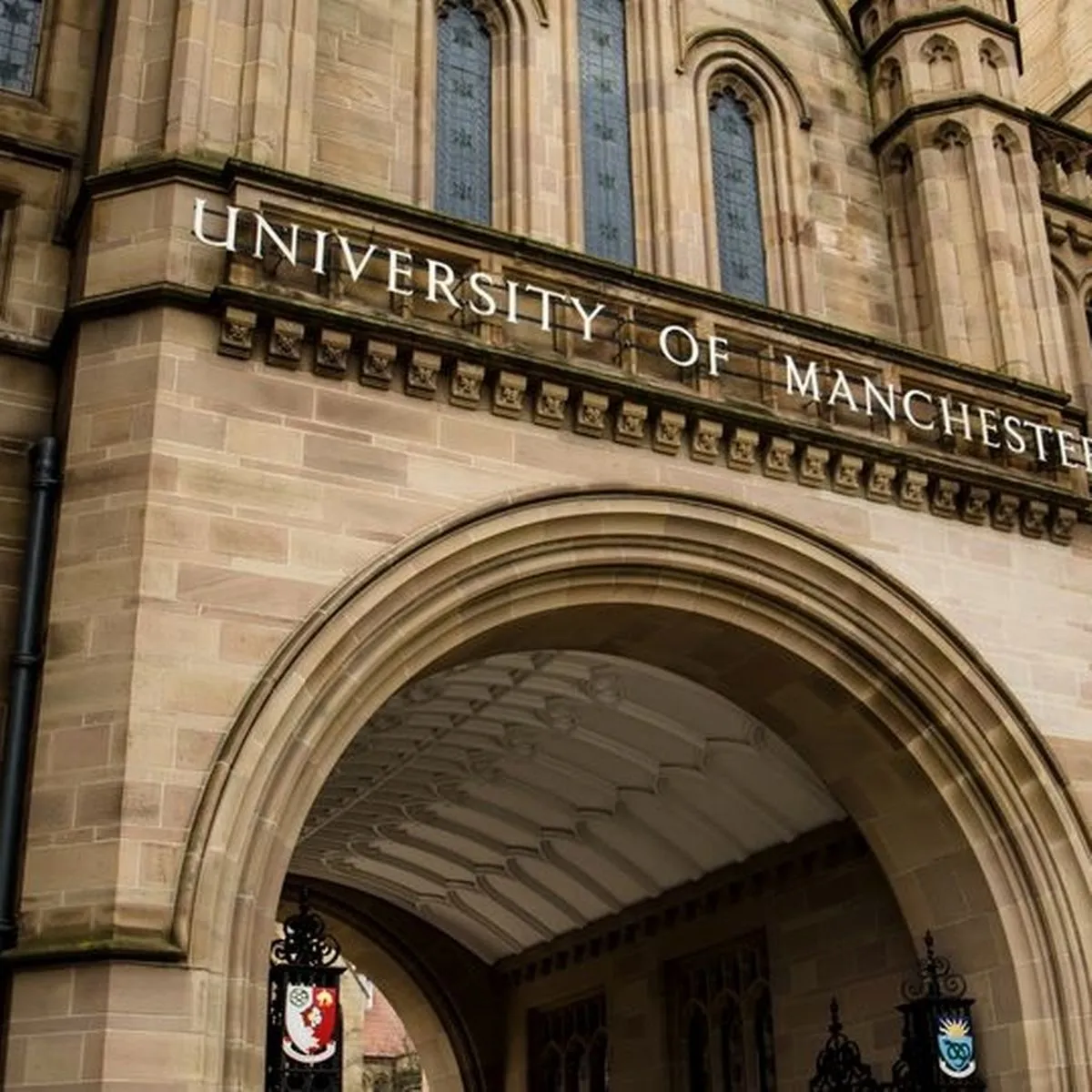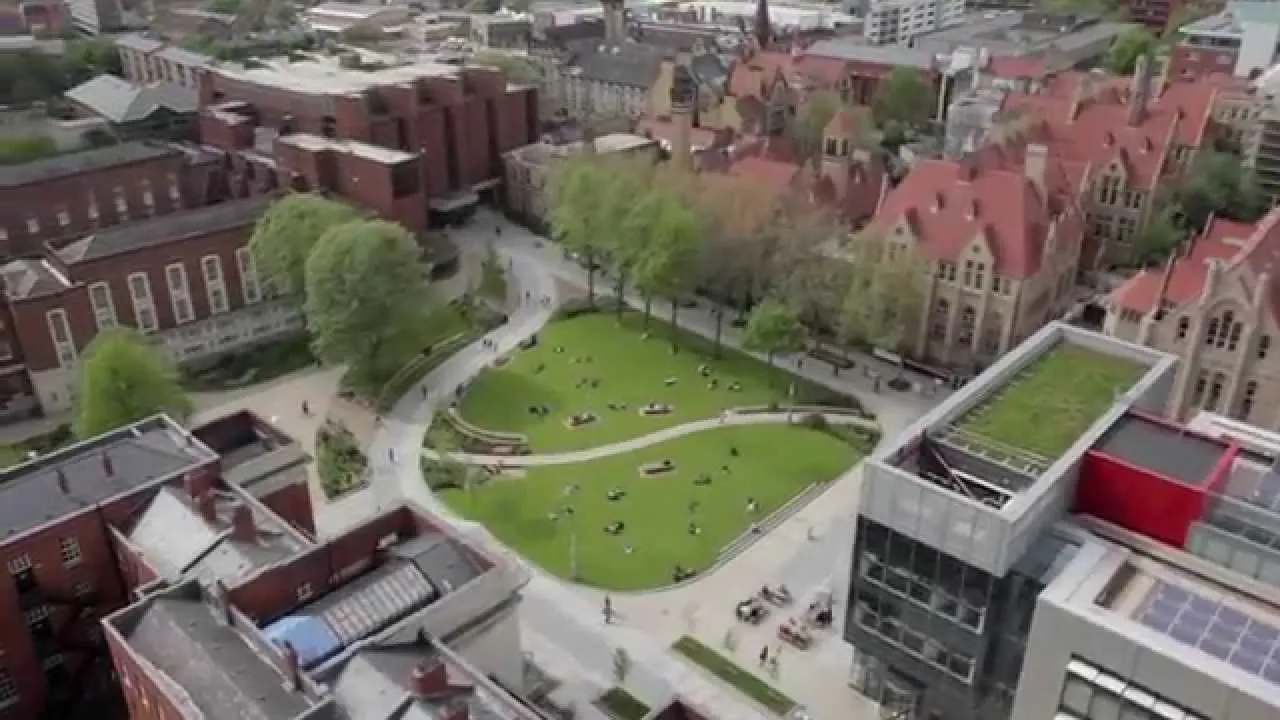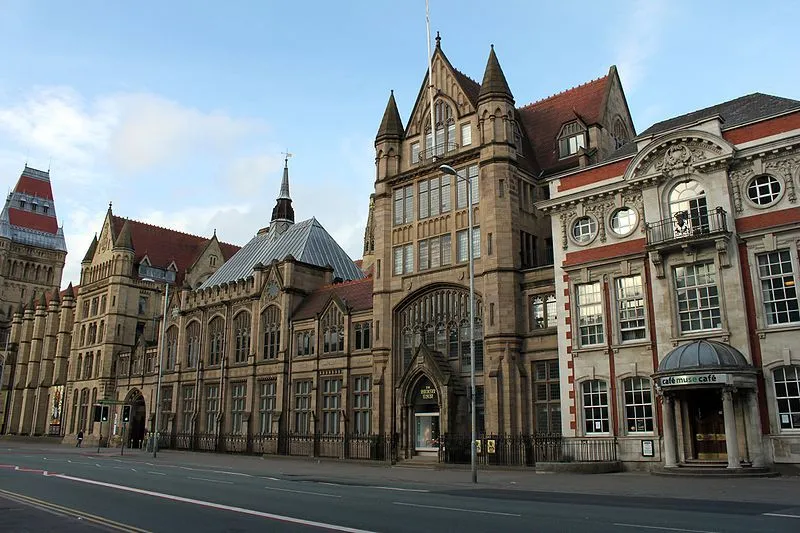Partner Program

MPH in Public Health
University of Manchester (United Kingdom) · The University of Manchester Oxford Rd Manchester M13 9PL UK
About

#35
QS

#68
USNews

#56
THE
The University of Manchester is a public research university in Manchester, England. The main campus is south of Manchester City Centre on Oxford Road. The university owns and operates major cultural assets such as the Manchester Museum, Whitworth Art Gallery, John Rylands Library and Jodrell Bank Observatory—a UNESCO World Heritage Site.
The University of Manchester is considered a red brick university, a product of the civic university movement of the late 19th century. The current University of Manchester was formed in 2004 following the merger of the University of Manchester Institute of Science and Technology (UMIST) and the Victoria University of Manchester. This followed a century of the two institutions working closely with one another.
The University of Manchester Institute of Science and Technology was founded in 1824, as the Mechanics' Institute. The founders believed that all professions somewhat relied on scientific principles. As such, the institute taught working individuals branches of science applicable to their existing occupations. The Victoria University of Manchester was founded in 1851, as Owens College. Academic research undertaken by the university would be published via the Manchester University Press from 1904.
The University of Manchester is a member of the Russell Group, the N8 Group, and the worldwide Universities Research Association. The University of Manchester has 25 Nobel laureates among its past and present students and staff, the fourth-highest number of any single university in the United Kingdom. In 2019/20, the university had a consolidated income of £1.1 billion, of which £264.7 million was from research grants and contracts (6th place nationally behind Oxford, UCL, Cambridge, Imperial and Edinburgh). It has the fifth-largest endowment of any university in the UK, after the universities of Cambridge, Oxford, Edinburgh and King's College London.
Program Details:
Program WebsiteBasic Info
Institute
Faculty of Biology, Medicine & Health
Degree
MPH
Duration
1 year
STEM Designated
Yes
Program
Public Health
Expense
Living Expenses
GBP 15500
Tuition Fee (Domestic)
GBP 13700
Tuition Fee (International)
GBP 29900
Eligibility
Minimum/ Avg Score
IELTS
6.5
TOEFL
90
Ready to apply? Secure your spot at your dream university with our expert help!
Deadlines:
Deadline WebsiteIntake Deadline 1
31 May, 2026
(September-2026)
Stay on track with your applications. Login Now to Unlock all program related information.
Document Required:
Stay on track with your applications. Login Now to Unlock all program related information.


